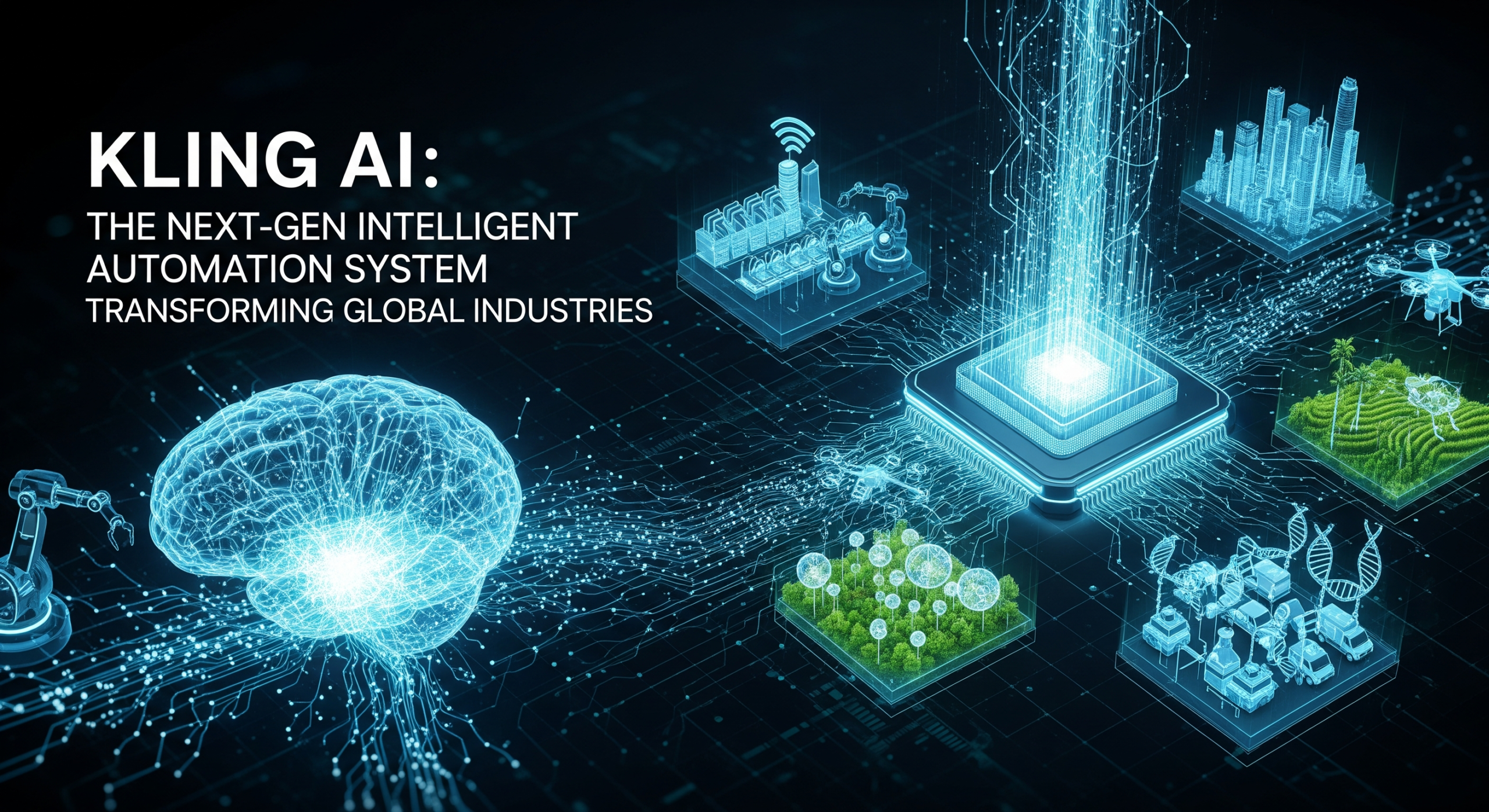In a rapidly advancing digital era, artificial intelligence (AI) has become the defining force shaping nations’ economies, defence systems, and societies worldwide.
AI is no longer just a futuristic idea — it’s the engine driving innovation, automation, and economic dominance. But the key question remains: which country truly stands as number one in AI?
Below, we explore how global superpowers compete in the AI arena, the indicators defining leadership, and the future of global AI supremacy.
The Criteria Behind AI Leadership
Before determining which nation holds the top spot, it’s crucial to understand what defines AI leadership. Analysts and policymakers generally assess leadership through the following indicators:
- Research and innovation: the volume and quality of AI-related academic papers, patents, and technological breakthroughs.
- Investment and funding: both public and private capital directed toward AI startups, infrastructure, and education.
- Talent and education: the number of highly skilled AI researchers, data scientists, and engineers.
- Adoption and implementation: real-world applications in healthcare, defence, transport, and manufacturing.
- Government policy and regulation: national strategies shaping AI ethics, privacy, and long-term technological goals.
With these parameters in mind, let’s explore the countries at the forefront of this global race.
Read Also: Understanding Machine Learning: The Backbone of Artificial Intelligence
The United States: The Undisputed Powerhouse of AI
When it comes to technological innovation and private sector dominance, the United States remains the global leader in AI.
Innovation and Private Investment
The U.S. leads the world with major technology companies like Google, Microsoft, OpenAI, NVIDIA, and Meta pushing the frontiers of machine learning, natural language processing, and generative AI. These firms have not only developed cutting-edge AI models like GPT, Gemini, and Claude, but also created the infrastructure supporting global AI applications.
Moreover, the Silicon Valley ecosystem remains unmatched in fostering AI startups and attracting global talent. In 2024 alone, U.S. AI investments surpassed $67 billion, making it the world’s largest AI funding market.
Research and Academic Strength
American universities like MIT, Stanford, and Carnegie Mellon consistently rank among the top in AI research publications. U.S.-based researchers contribute significantly to global AI conferences such as NeurIPS, ICML, and CVPR, ensuring continued academic dominance.
Military and Strategic AI
The Pentagon’s Joint Artificial Intelligence Center (JAIC) and the Defense Advanced Research Projects Agency (DARPA) are pioneering AI-driven warfare technologies, including autonomous systems and predictive intelligence tools.
Conclusion for the U.S.
With its robust innovation ecosystem, powerful corporations, and government support, the United States continues to lead the world in AI — both in technological and economic terms.
China: The Rising AI Superpower
While the U.S. holds the current lead, China is its closest and most formidable competitor. Over the past decade, China has made AI a core component of its national development strategy.
Government-Driven Strategy
In 2017, China launched its “Next Generation Artificial Intelligence Development Plan”, aiming to become the global AI leader by 2030. This initiative mobilized billions in public funding and created strong incentives for AI research, particularly in facial recognition, surveillance systems, and natural language processing.
Technological Advancements
Chinese tech giants like Baidu, Alibaba, Tencent, and Huawei have developed competitive AI models and applications. Baidu’s Ernie Bot and Huawei’s Ascend AI chips showcase China’s growing independence from U.S. technology.
Talent and Scale
China produces the world’s largest number of AI-related STEM graduates, providing a massive talent pipeline for AI development. Its huge population also supplies abundant data, a critical asset for training large-scale machine learning models.
Global Implications
With AI deeply integrated into urban planning, security, and manufacturing, China’s approach demonstrates how state-led initiatives can scale AI faster than market-driven models.
The European Union: Championing Ethical AI
While Europe may lag behind in AI market dominance, it plays a leading role in AI ethics, regulation, and responsible innovation.
The AI Act
The European Union AI Act, introduced in 2024, is the world’s first comprehensive legislation governing artificial intelligence. It classifies AI systems by risk level, ensuring transparency, fairness, and data protection.
Focus on Human-Centric AI
European nations prioritise AI that serves society, focusing on education, healthcare, and sustainability. Countries like Germany, France, and the Netherlands invest heavily in ethical AI research and human rights-based frameworks.
Research Collaborations
Europe hosts world-class AI institutions such as ETH Zurich and Oxford University, which contribute significantly to AI for good initiatives.
Though the EU may not compete directly with the U.S. or China in scale, its focus on human values and governance sets a global standard for responsible AI development.
Read Also:Will AI Features in Phones Make Older Phones Obsolete Faster?
Japan and South Korea: Precision, Robotics, and Innovation
Japan: The Robotics Pioneer – Japan has been an AI and robotics pioneer for decades. Companies like Sony, SoftBank, and Toyota lead innovations in humanoid robotics, industrial automation, and AI-driven healthcare.
The Japanese government’s Society 5.0 initiative aims to blend cyberspace and physical space — creating a “super-smart society” powered by AI, IoT, and robotics.
South Korea: AI in Everyday Life
South Korea’s AI strategy focuses on consumer integration, with companies like Samsung and LG developing smart devices, voice assistants, and autonomous vehicles.
The government’s AI National Strategy includes a $2 billion investment to expand research centres and AI-powered education systems by 2030.
Both nations are technological powerhouses, emphasizing precision engineering, quality, and automation — core pillars of modern AI development.
India: The Emerging AI Innovator
India is rapidly positioning itself as a global AI hub, driven by its vast talent pool, digital economy, and startup ecosystem.
Talent Advantage
With over 2.5 million STEM graduates annually, India has one of the largest AI-ready workforces in the world. Many engineers working in global AI firms are of Indian origin, contributing to research and development at companies like Google, Microsoft, and OpenAI.
Policy and Infrastructure
The Indian government’s National AI Strategy (AI for All) focuses on applying AI to agriculture, healthcare, and education to improve quality of life. The Digital India and Startup India programs have boosted innovation and encouraged local entrepreneurs to build scalable AI solutions.
Global Role
While India’s AI investments are still smaller than those of the U.S. or China, its cost-effective talent and open-source innovation culture give it a unique competitive edge for the future.
The Middle East: Strategic Investments and Visionary Leadership
Countries like the United Arab Emirates and Saudi Arabia are emerging as AI power players through massive investments and strategic national plans.
The UAE’s AI Vision 2031
The United Arab Emirates became the first country in the world to appoint a Minister of Artificial Intelligence. Its Vision 2031 aims to integrate AI into all government and economic sectors, with heavy investments in AI-driven energy, transport, and smart city projects.
Saudi Arabia’s NEOM Project
Saudi Arabia’s futuristic city, NEOM, is a living laboratory for AI innovation — integrating autonomous transport, renewable energy, and smart governance.
These countries may not lead in research output, but their ambitious national visions ensure they will play significant roles in the future of global AI.
The Global AI Race: Collaboration or Competition?
As nations compete for dominance, it’s clear that AI leadership is not a zero-sum game.
Collaboration Opportunities
AI advancement thrives on global collaboration. The exchange of ideas between academia, open-source communities, and international research networks accelerates innovation for all.
Initiatives like Partnership on AI and UNESCO’s global AI ethics framework encourage shared responsibility in AI development.
The Risks of an AI Arms Race
However, without collaboration, nations risk an AI arms race, where competition for supremacy may overshadow ethics and security. Data privacy, algorithmic bias, and misuse of AI in warfare remain major global concerns.
The Verdict: Who Is Number One?
Based on innovation, investment, and influence, the United States currently holds the number one position in AI.
However, China is closing the gap rapidly, with state-backed initiatives and exponential growth in research and development. Meanwhile, Europe, Japan, South Korea, and India play vital roles in shaping AI ethics, robotics, and scalability.
Ultimately, the future of AI leadership will not depend on dominance alone — but on how nations collaborate to use AI responsibly and inclusively.













